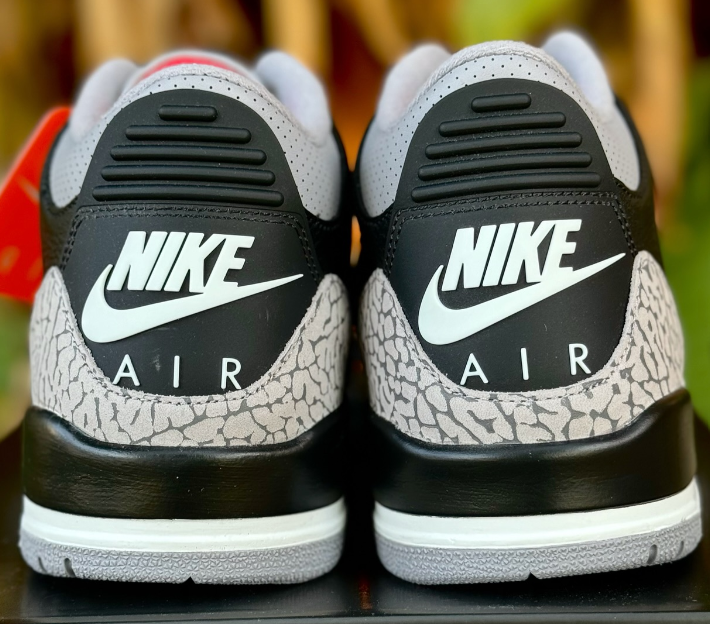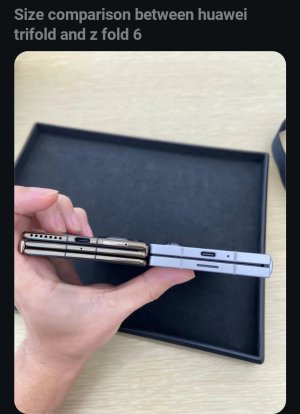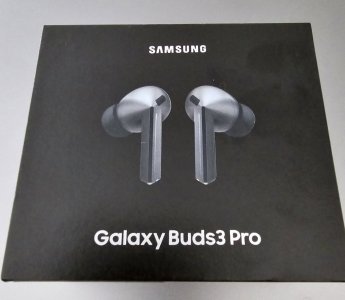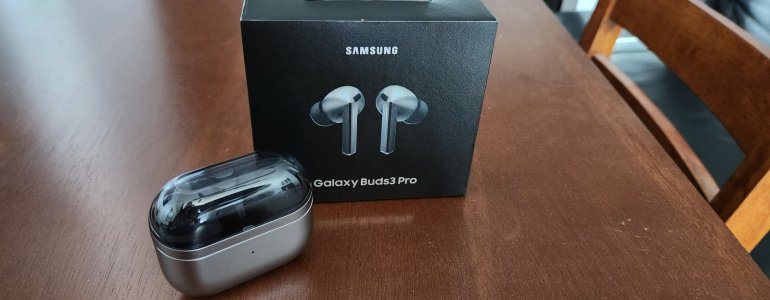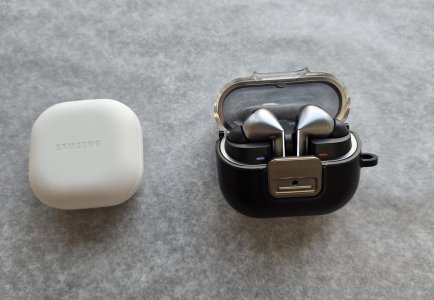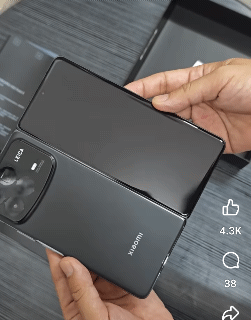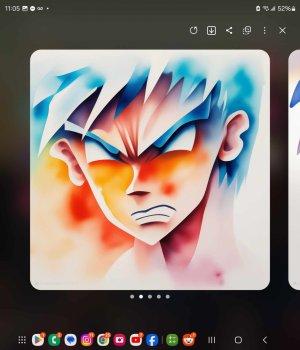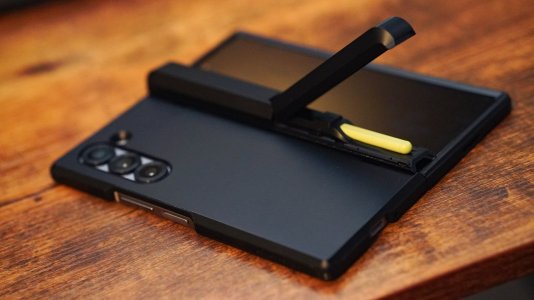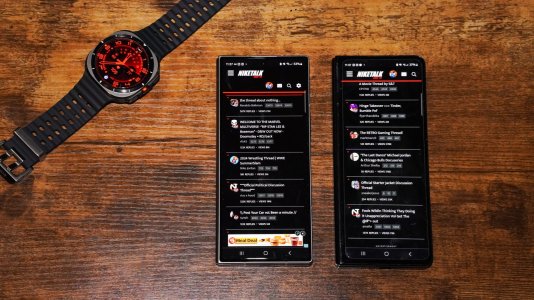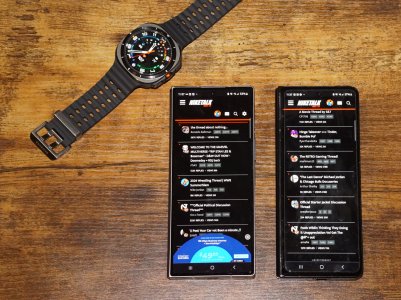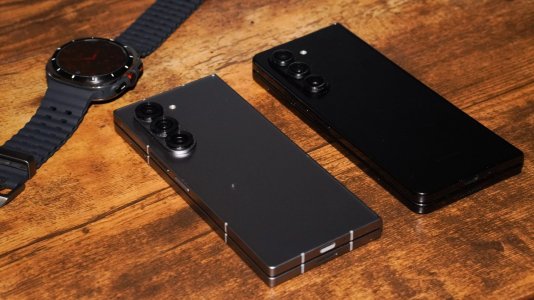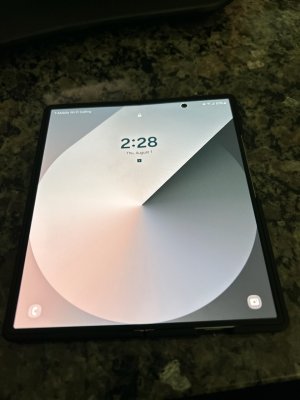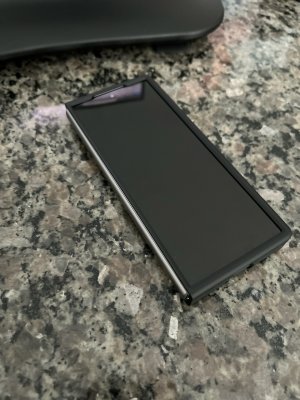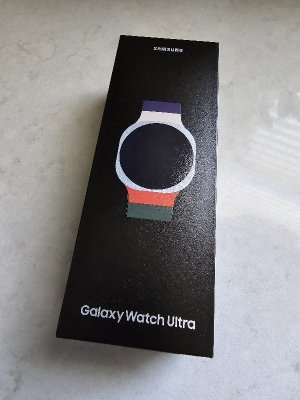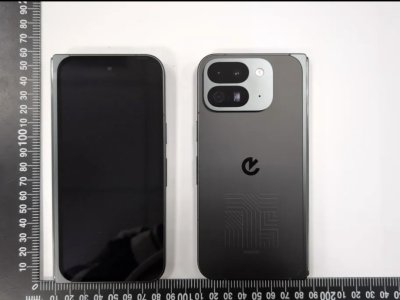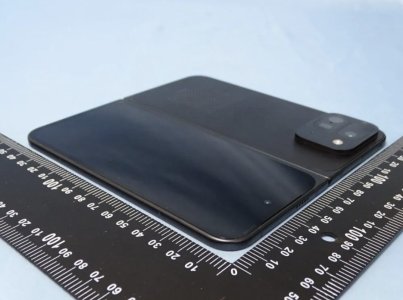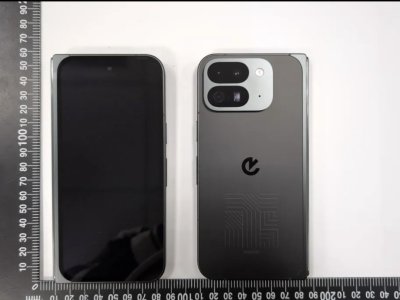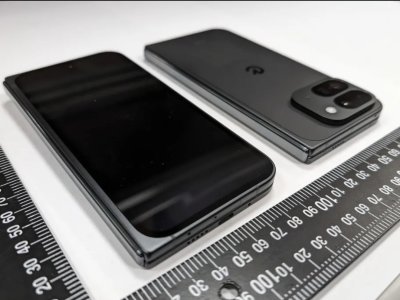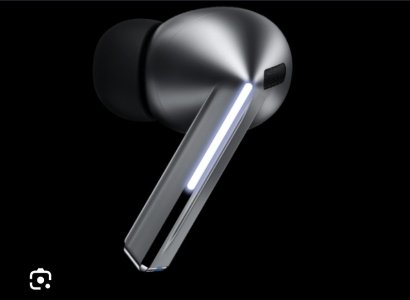- 8,065
- 118
- Joined
- Apr 25, 2005
I agree that he should wait, but what you said about Sprint dropping WiMAX isn't correct. That's one of the big obstacles with Sprint bringing in LTE. Even after they start using LTE, they still have a contract with the company providing WiMAX. So there will be a WiMAX signal for at least the couple years.Originally Posted by Alchemist IQ
Originally Posted by ThaT Dude173
Originally Posted by Paycheck26
^galaxy nexus supposed to be dropping mid April. I have the Evo also, im just trying to wait and see whats coming out and when so i can make a decision instead of just going with the galaxy nexus right away.
This ive been waiting on the galaxy nexus for awhile, i just dont wanna get it and the sg3 or that other htc phone i heard about drop in june. But i dont wanna wait anymore. I been rolling with the evo since release date and both of my brothers got the Sg2 , im ready to move on.
Wait. Sprint has will be dropping support for wimax which the Gs2 has. LTE is the new wireless standard dont buy a device that will lose support.































